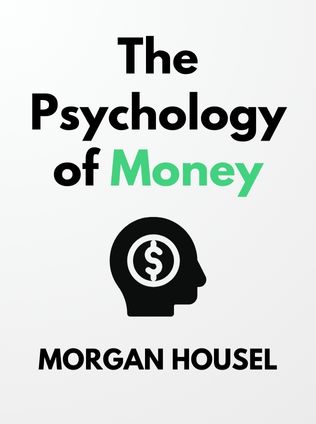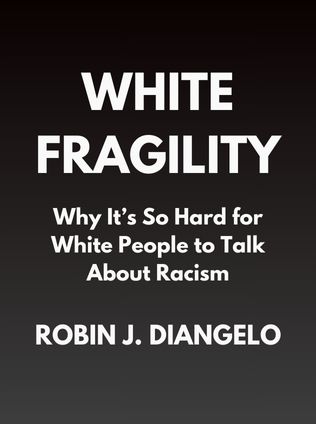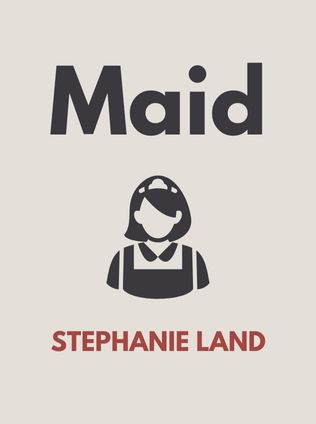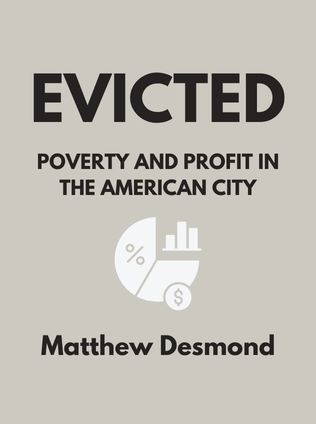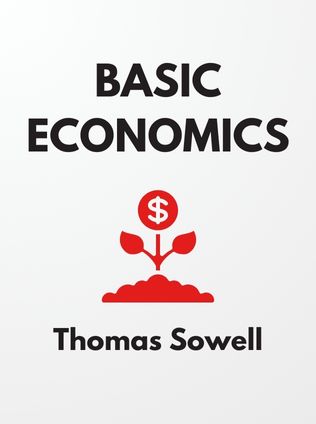
Basic Economics
The Shortest & Surest Way to Understand Basic Economics
By Thomas Sowell
Published 01/1946
About the Author
Thomas Sowell is an American economist, social theorist, and senior fellow at the Hoover Institution at Stanford University. He is widely recognized for his contributions to the field of economics and has authored numerous books on economic theory, history, and social policy. Sowell's work is known for its rigorous analysis, clarity of thought, and ability to distill complex economic concepts into accessible language. His perspective is often grounded in a classical liberal tradition, emphasizing free markets, limited government, and individual responsibility. In "Basic Economics," Sowell aims to provide a comprehensive yet understandable introduction to the principles of economics, without the use of jargon or complicated mathematics, making it accessible to a broad audience.
Main Idea
"Basic Economics" by Thomas Sowell is an extensive exploration of the fundamental principles of economics, focusing on the allocation of scarce resources and the decision-making processes that drive economic activity. Sowell argues that understanding economics is crucial for making informed decisions in both personal and public life. The book covers a wide range of topics, from the role of prices in a market economy to the impact of government policies on economic outcomes. Through clear explanations and real-world examples, Sowell demonstrates how economic principles affect everyday life and why they are essential for understanding the world around us.
Table of Contents
- 1. What is Economics?
- 2. Prices Allocate Resources
- 3. Business and Profits
- 4. Work and Pay
- 5. Money and Banking
- 6. Government Functions
- 7. Government Debt
- 8. The Incentives of Politicians
- 9. International Trade
What is Economics?
Sowell begins by defining economics as the study of the use of scarce resources that have alternative uses. He explains that because resources are limited, trade-offs must be made both on an individual and societal level. Economics, therefore, is not about making moral judgments but about understanding how to allocate these resources to maximize output. Sowell emphasizes that economics is a practical field, much like mathematics, which helps to solve specific problems without delving into moral or philosophical questions.
Sowell argues that understanding the basic principles of economics can help individuals and societies make better decisions. For example, when a society decides how to allocate resources between healthcare and education, it must consider the trade-offs involved. If more resources are devoted to healthcare, fewer resources are available for education. The key question in economics is how to make these trade-offs in a way that maximizes overall well-being. Sowell's clear and accessible writing makes these complex ideas understandable for readers without a background in economics.
Prices Allocate Resources
One of the central themes in Sowell's "Basic Economics" is the role of prices in allocating resources in a market economy. Prices, Sowell explains, are the signals that guide the actions of both producers and consumers. They reflect the relative scarcity of goods and services and help to coordinate economic activity without the need for a central planner. "Prices are the key to a free-market economy," Sowell writes,
"They convey information, provide incentives, and allocate resources in a way that no central planner could ever hope to achieve."
Sowell provides numerous examples to illustrate how prices allocate resources efficiently. For instance, when the price of oil rises due to increased demand or decreased supply, it signals to producers to increase production and to consumers to reduce consumption or seek alternatives. This automatic adjustment process helps to ensure that scarce resources are used where they are most valued.
However, Sowell also warns about the consequences of interfering with prices. He uses the example of rent control to demonstrate how price controls can lead to unintended consequences. Rent control, which sets a maximum price for rental housing, may seem like a way to make housing more affordable. However, by reducing the incentive for landlords to maintain and build rental properties, rent control often leads to a shortage of housing, making it harder for people to find affordable places to live. Sowell's analysis shows how even well-intentioned policies can have negative side effects when they distort the price mechanism.
This principle is further illustrated by minimum wage laws, which set a floor on wages. While the intention is to ensure a living wage for workers, Sowell explains that such laws can lead to unemployment by making it more expensive for employers to hire workers, particularly those with fewer skills or less experience. By distorting the natural price mechanisms, these policies can have negative effects that counteract their intended benefits.
Business and Profits
Sowell discusses the role of businesses in a market economy, focusing on the importance of profits as an incentive for efficiency and innovation. He explains that profits are not arbitrary charges but are essential for ensuring that resources are used efficiently to meet consumer demand. "Profits provide the incentives for businesses to produce goods that consumers most want at the lowest cost," Sowell writes,
"Without profits, there would be little incentive for businesses to innovate or improve their products, leading to stagnation and inefficiency."
Sowell also addresses the criticism of "outsized profits," arguing that high profits in one sector attract competition, which drives down prices and improves quality for consumers. This competitive process ensures that no single business can dominate the market indefinitely, as competitors will continually strive to offer better products at lower prices.
Sign up for FREE and get access to 1,400+ books summaries.
You May Also Like
Rich Dad Poor Dad
What the Rich Teach Their Kids About Money - That the Poor and Middle Class Do Not!
By Robert T. KiyosakiFreakonomics
A Rogue Economist Explores the Hidden Side of Everything
By Steven D. Levitt and Stephen J. DubnerI Am Malala
The Story of the Girl Who Stood Up for Education and Was Shot by the Taliban
By Malala YousafzaiFactfulness
Ten Reasons We're Wrong About the World – and Why Things Are Better Than You Think
By Hans Rosling






